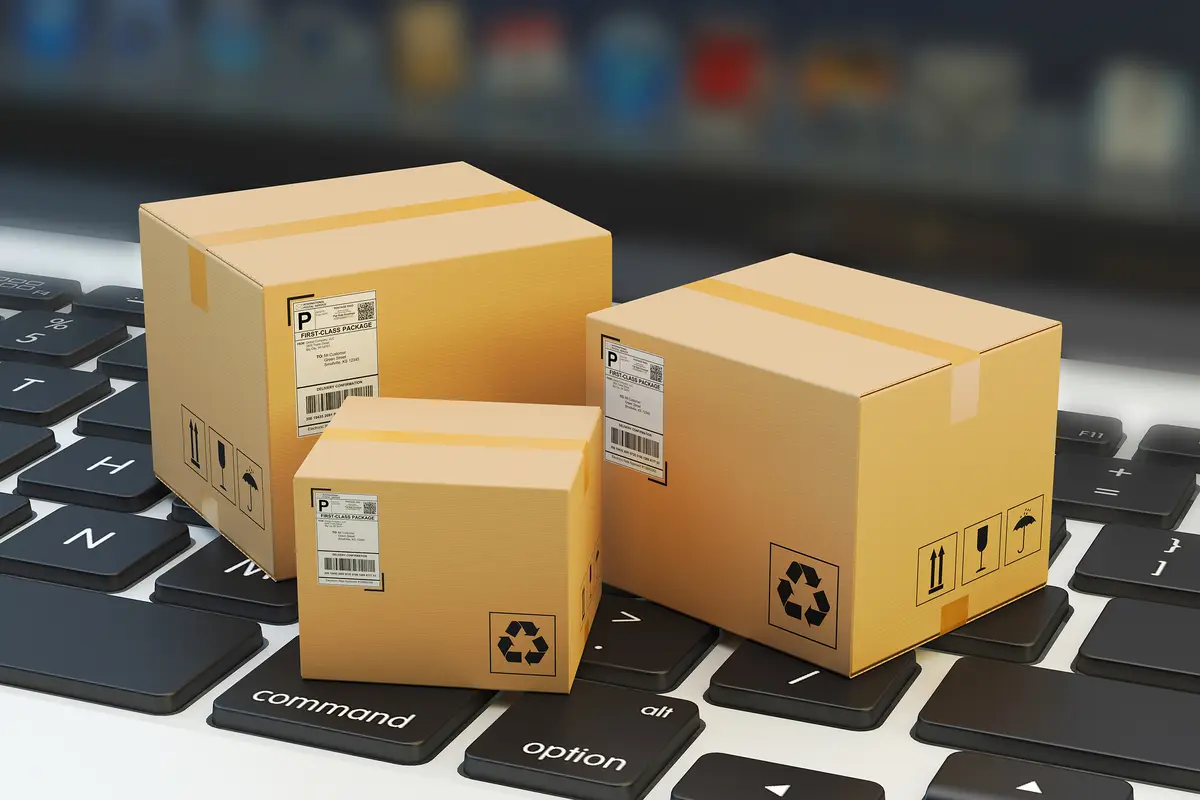- Christmas presents undergo G-forces greater than Lewis Hamilton this Christmas
- Online packages recorded at speeds faster than a rocket launch
- Acceleration of an average parcel is found to be 50Gs
- Impact of g-forces could create a €18.1 billion returns bill across Europe
Christmas presents are likely to be accelerating at rates greater than a Formula 1 driver as they make their way to our front doors this season. Packages ordered online have been recorded at G-forces akin to motor races and rocket launches by sustainable packaging provider DS Smith, who have uncovered that extreme G-forces could result in a staggering €18.1 billion returns bill this Christmas.
To help understand the tough environment that packages must withstand to reach consumers in perfect condition, DS Smith is experimenting with ‘accelerometers’, which track the speed of a package through its journey and provide data that can then explain the damage it sustains.
The DS Smith research has shown that a typical online parcel undergoes G-forces measuring up to an astronomical 50Gs. This is more than five times the level of G-forces that would cause an experienced astronaut to lose consciousness (at 9Gs) and 10 times more G-forces than are typically experienced on a rollercoaster (at 5Gs).
The details of the experiment come as almost half (45%) of European online shoppers reported receiving a damaged delivery in the last year, resulting in 377 million broken deliveries.
Those who had received a damaged item said that on average the item cost €47.94 – adding up to a potential €18.1 billion worth of damaged goods sent each year.
Consumers have less tolerance for broken parcels and the increase in the cost-of-living is prompting more people to return lower-value items. Europeans reported that the average value that a damaged item would need to be for them to return it has decreased from €26 last year to €21.50 this year, suggesting that there will be an increase in the number of returns.
Compounding the problem for businesses, and as an increasing number of brands consider charging for returns, 43% of European shoppers say they expect free delivery and returns.
Gavin Mounce, E-commerce Design Manager, DS Smith comments: “While clearly part of everyday life, ecommerce is still a relatively new form of shopping and we have found through our research that the conditions that packages are exposed to are volatile. Packages need to be ready to travel at astonishing speeds, and that means businesses need to be ready to protect products en route.”
“Our Innovation and Design teams are testing how fast packages are traveling and how they are impacted, and we then use that information to work on different designs. We use circular design principles to not only reduce damage but reduce the amount of material used so that packages protect their contents and are as sustainable as possible. We want new ideas, so we will be looking for partners to work with us on this.”

